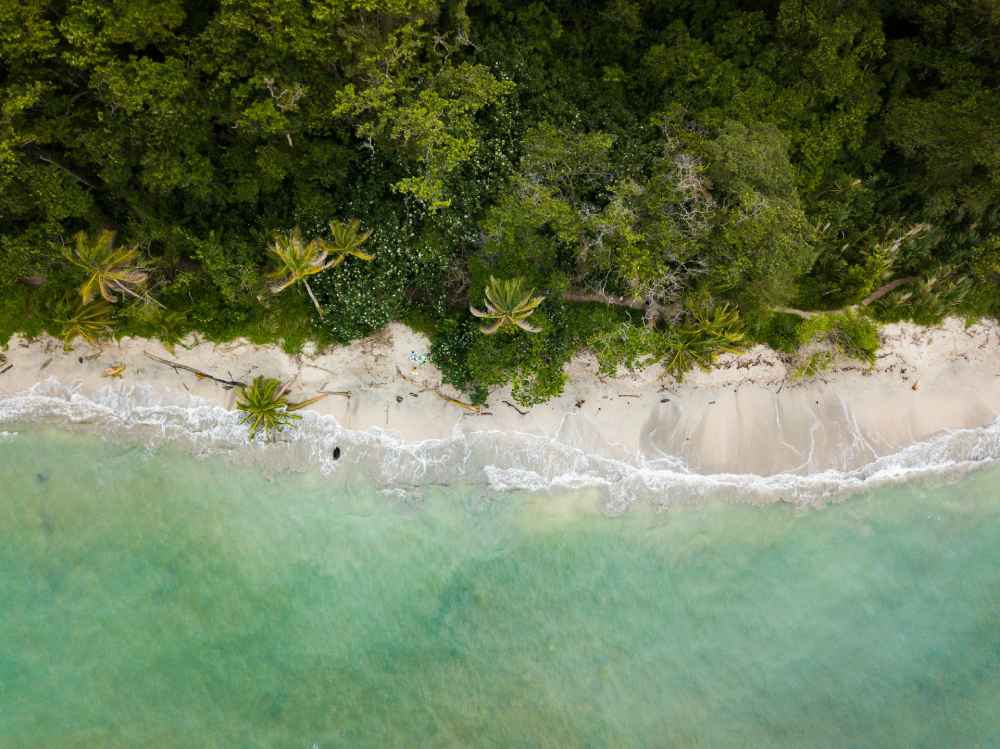Costa Rica, a jewel of Central America, offers travelers an incredible blend of natural beauty, diverse wildlife, and thrilling adventures. From lush rainforests to pristine beaches, this small country packs a big punch when it comes to eco-tourism and outdoor activities. Let’s dive into the essential aspects of planning your Costa Rican adventure.
When to Visit
Costa Rica has two main seasons: the dry season (December to April) and the rainy season (May to November). The dry season is generally considered the best time to visit, with sunny weather perfect for beach activities and outdoor adventures. However, the rainy season, also known as the “green season,” offers lush landscapes and fewer crowds, making it an attractive option for budget-conscious travelers.
Top Destinations
San Jose
Start your journey in the capital city, San Jose. While often overlooked, it offers a mix of history, culture, and urban experiences. Visit the National Museum, stroll through the Central Market, and enjoy the city’s vibrant coffee shop scene.
Arenal Volcano
Head to La Fortuna to witness the majestic Arenal Volcano. This area is perfect for adventure seekers, offering activities like hiking, zip-lining, and relaxing in natural hot springs.
Monteverde Cloud Forest
Experience the magic of walking through misty forests in Monteverde. This biodiverse region is a haven for nature lovers and birdwatchers.
Manuel Antonio National Park
Combine beach relaxation with wildlife spotting at Manuel Antonio. This park is known for its beautiful beaches and abundant wildlife, including monkeys and sloths.
The Osa Peninsula: A Hidden Gem
Nestled in the southwestern part of Costa Rica, the Osa Peninsula is a true paradise for nature enthusiasts and adventure seekers. This remote and biodiverse region offers some of the most pristine and untouched environments in the country.
Corcovado National Park
The crown jewel of the Osa Peninsula is Corcovado National Park, often described as “the most biologically intense place on Earth.” This park is home to an incredible variety of wildlife, including jaguars, tapirs, and scarlet macaws. Guided hikes through the park offer unparalleled opportunities to spot rare species and immerse yourself in the heart of the rainforest.
Drake Bay
Drake Bay serves as an excellent base for exploring the Osa Peninsula. This small, laid-back town offers access to pristine beaches, snorkeling opportunities, and boat tours. From here, you can embark on whale-watching excursions or visit the nearby Caño Island Biological Reserve for world-class diving and snorkeling.
Sustainable Eco-lodges
The Osa Peninsula is known for its commitment to sustainable tourism. Stay in eco-lodges that blend seamlessly with the surrounding nature, offering a unique and immersive experience. Many of these lodges or unique homes such as the Osa Beach House can arrange trips. These activities include guided nature walks, kayaking trips, and opportunities to learn about local conservation efforts.
Indigenous Culture
Take the opportunity to learn about the indigenous cultures of the Osa Peninsula. Visit local communities and participate in traditional ceremonies to gain insight into the rich cultural heritage of the region.
Travel Tips
- Learn basic Spanish phrases to enhance your interactions with locals.
- Be prepared for sudden weather changes, especially during the rainy season.
- Respect wildlife and follow park guidelines to ensure sustainable tourism.
- Try local dishes like gallo pinto, casado, and fresh tropical fruits.
- Book activities and accommodations in advance, especially during peak seasons.
Costa Rica offers a wealth of experiences for every type of traveler. Whether you’re seeking adventure, relaxation, or a deep connection with nature, this Central American paradise has it all. And for those looking to venture off the beaten path, the Osa Peninsula provides an unforgettable journey into one of the most biodiverse regions on the planet. Pura vida!




